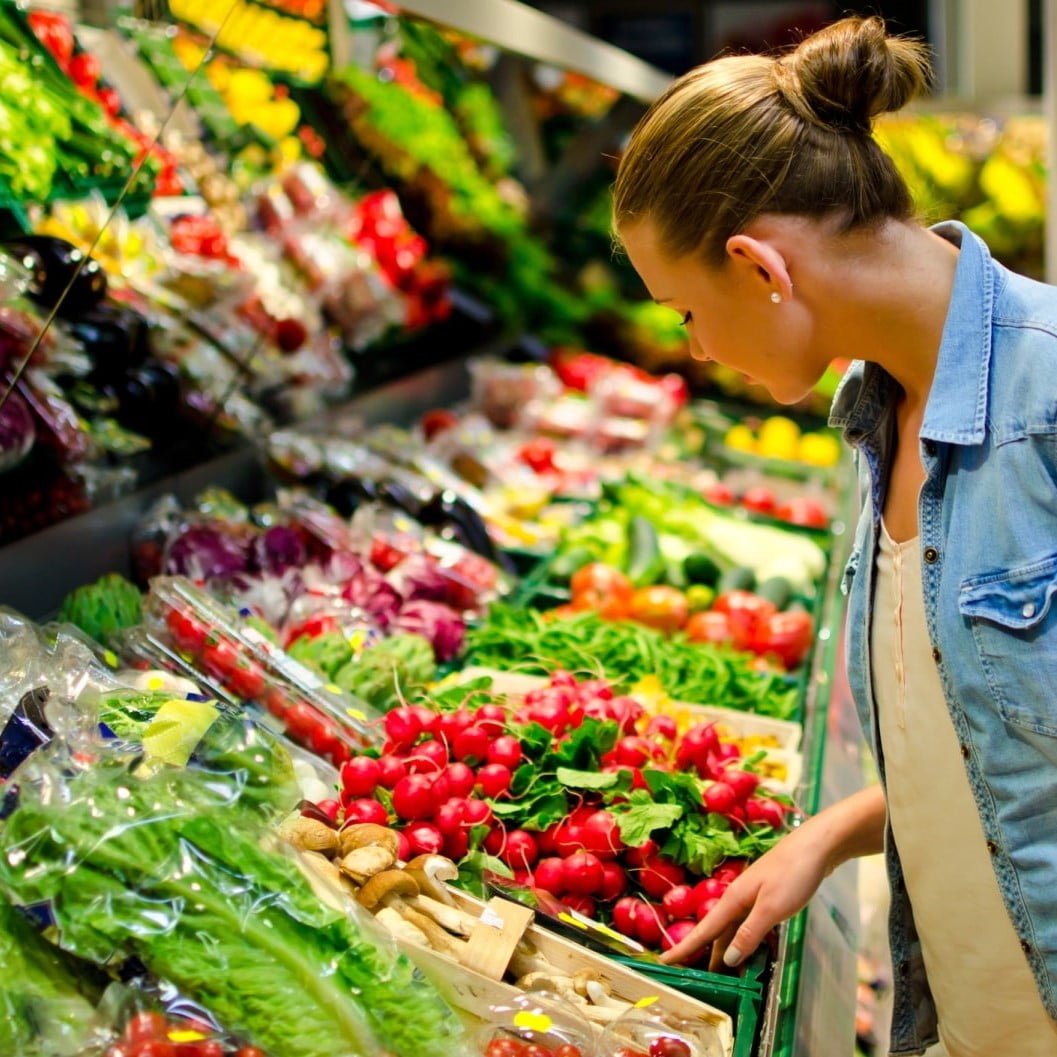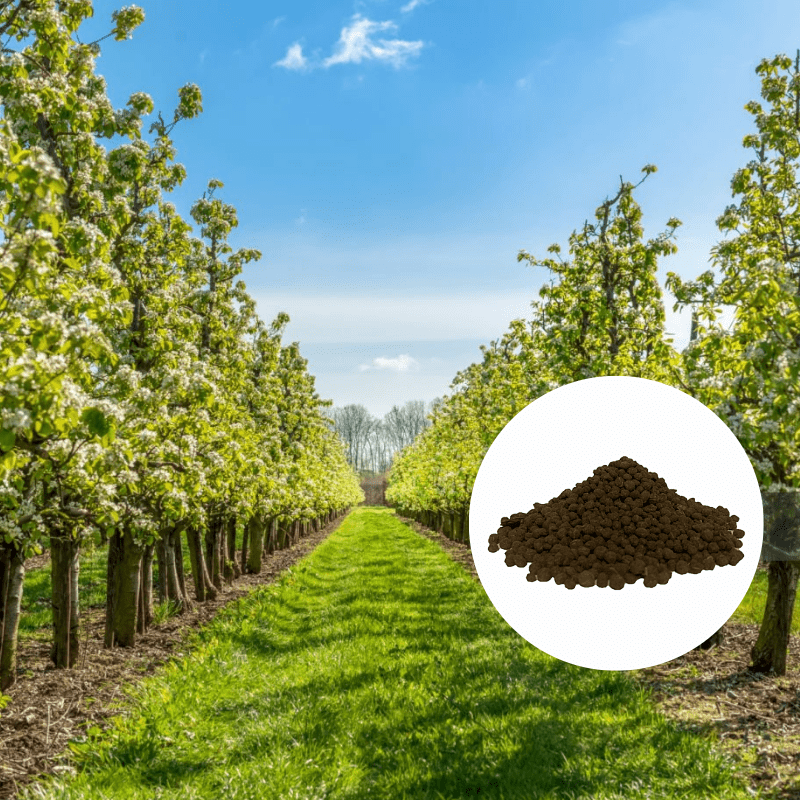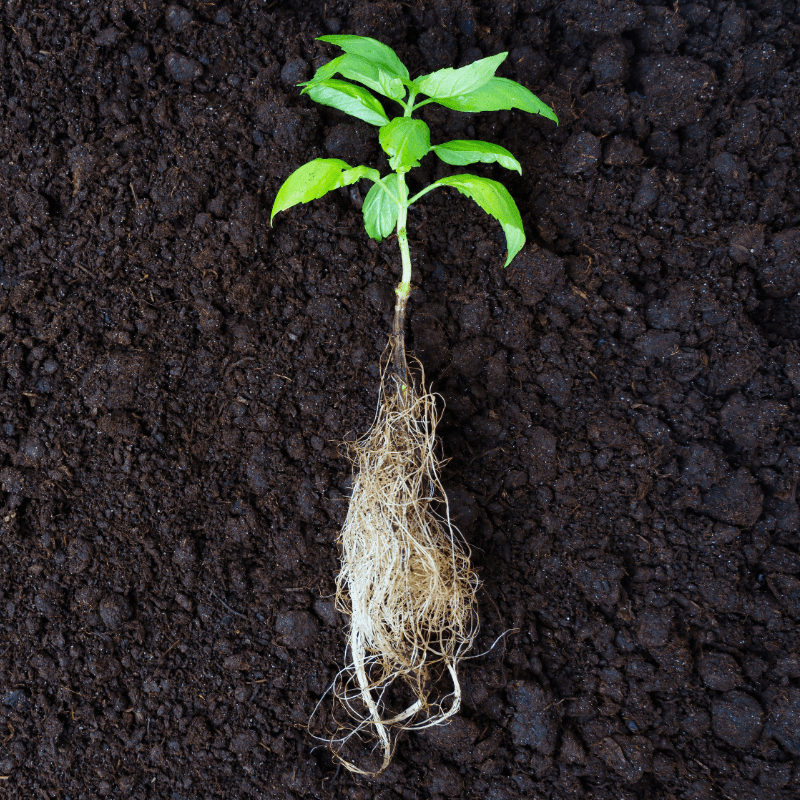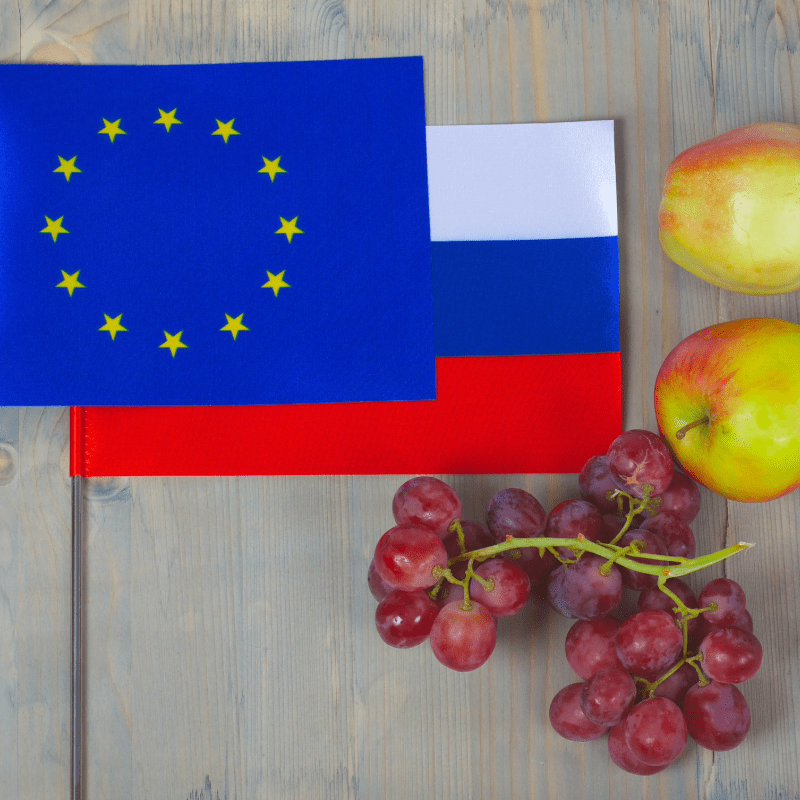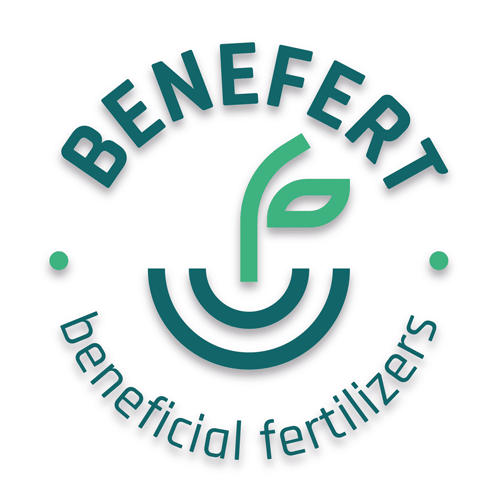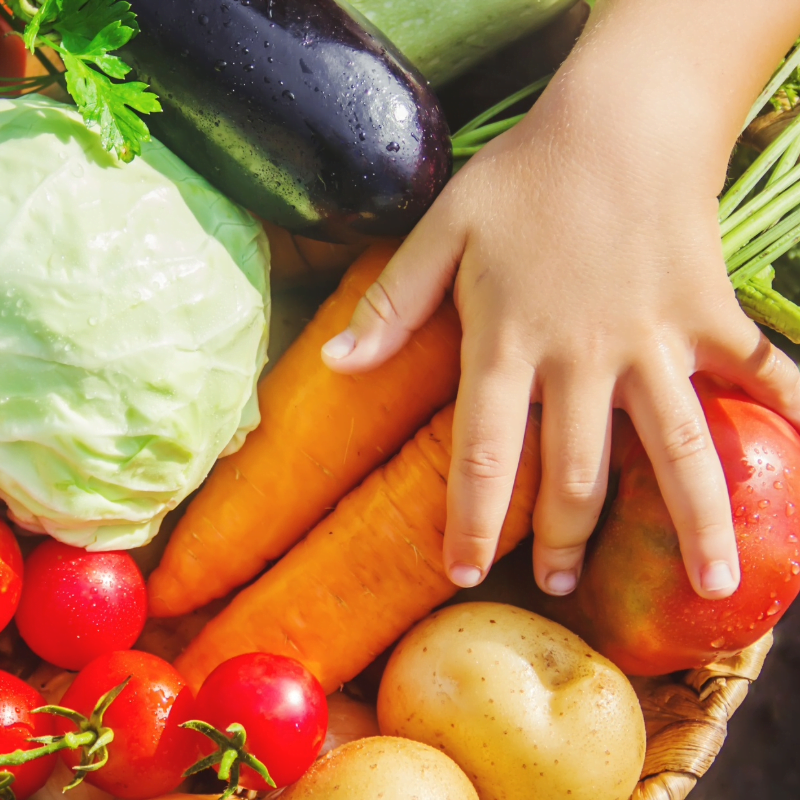
Making organic farming more competitive: key strategies for the future
The push towards organic farming in the EU faces significant challenges, especially with the ambitious goal of converting 25% of agricultural land to organic methods by 2030. Despite progress, a recent debate hosted by Euractiv highlighted crucial areas needing attention to make organic products more accessible and appealing to consumers.
Encouraging Consumer Demand
One of the central issues impeding the growth of organic farming is the fluctuating consumer demand. As Henri Delanghe from the Directorate-General for Agriculture noted, “The demand for organic products does not fall from the sky.” It’s essential for EU countries to implement policies that encourage people to choose organic, ensuring that these choices aren’t just available for the affluent but for everyone. This democratization of organic products can significantly influence their market growth.
Financial Incentives and Pricing Adjustments
A robust approach to reshaping the market involves revising the tax system to benefit both consumers and farmers. Peter Schmidt, president of the Agriculture and Nature section at the European Economic and Social Committee, advocates for tax incentives that ease the financial burden on farmers transitioning to organic methods and make organic products more affordable for consumers. Furthermore, Martin Dermine from the European Pesticides Action Network suggests that the environmental cost of products should be factored into their pricing, potentially making organic options cheaper than conventional ones.
Fostering Innovation
Innovation in organic farming practices is another pivotal area. The sector must embrace new technologies and practices that can reduce its environmental impact even further and increase yield without compromising the principles of organic farming. COPA and COGECA’s organic working group chair, Lone Andersen, emphasizes the need for organic farmers to have fewer restrictions on using synthetic substances that can help reduce emissions, thereby making organic farming more sustainable and efficient.
Conclusion
The journey towards a more organic Europe is not merely a shift in agricultural practices but a transformation in consumer behavior, policy frameworks, and market structures. As we at Benefert BV strive to become a leading trader in organic fertilizers, these discussions and developments resonate with our commitment to sustainability and closing the circle for all kinds of organic resources. By fostering a supportive environment for organic farming, we can ensure it becomes a viable, competitive choice for farmers and consumers alike, aligning with our goals of sustainability and efficiency in agriculture.
Let us continue to advocate for these necessary changes and work towards a future where organic farming is not an exception but a norm. Together, we can make a significant impact on our agricultural practices and, ultimately, our planet.
Source: euractiv
Disclamer: This article has been adapted for sharing insights on the importance of advancing organic farming within the EU and aligning with Benefert BV’s commitment to sustainability.

